How Vanderbilt’s Kirkland Hall sit-in and encampment influenced last semester’s wave of pro-Palestine protests
As one of the first encampments, Vanderbilt set the precedent on disciplinary actions toward students and community journalists alike, but was one of only two universities to expel pro-Palestine protesters.
Sep 2, 2024
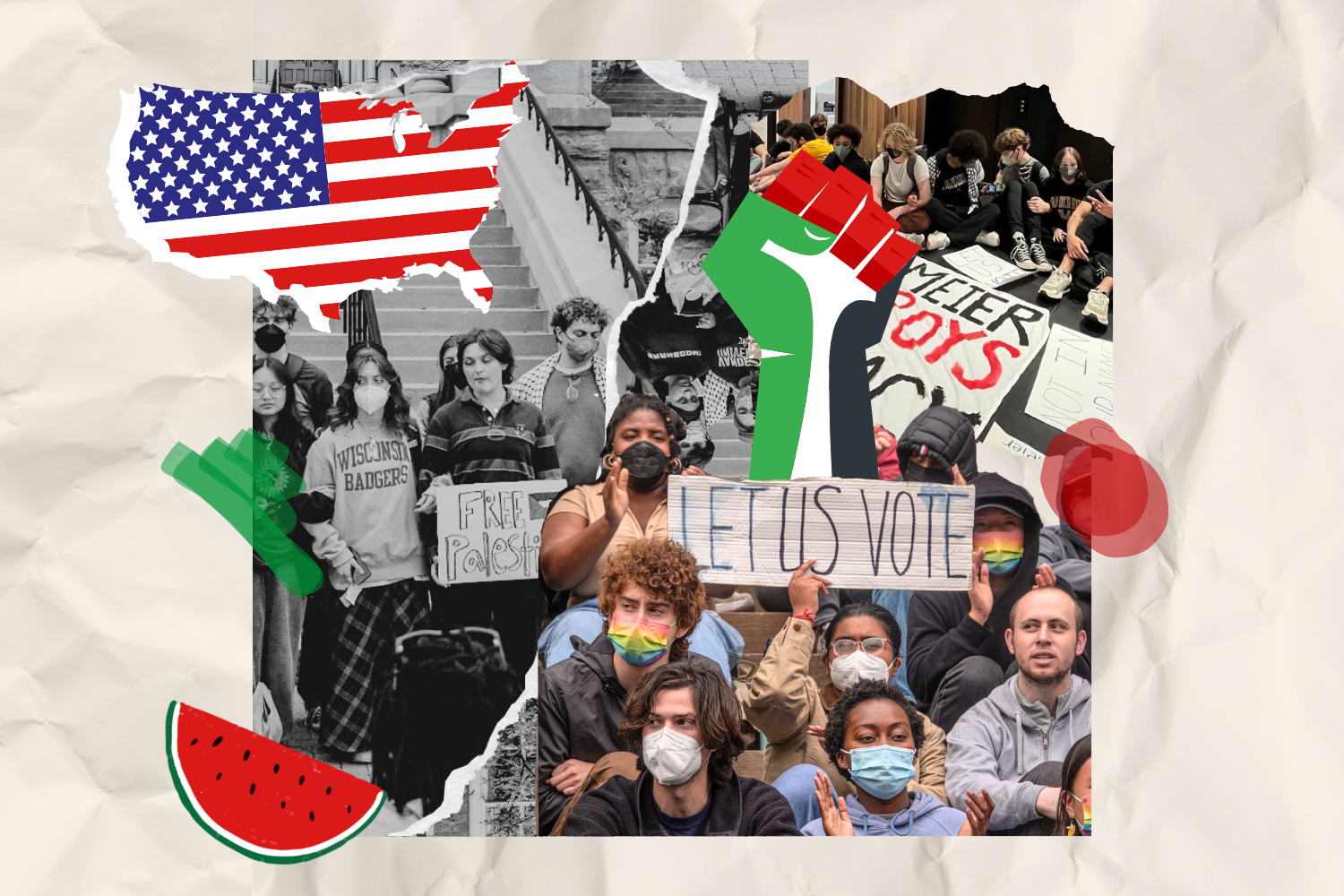
Tags:
About the Contributors
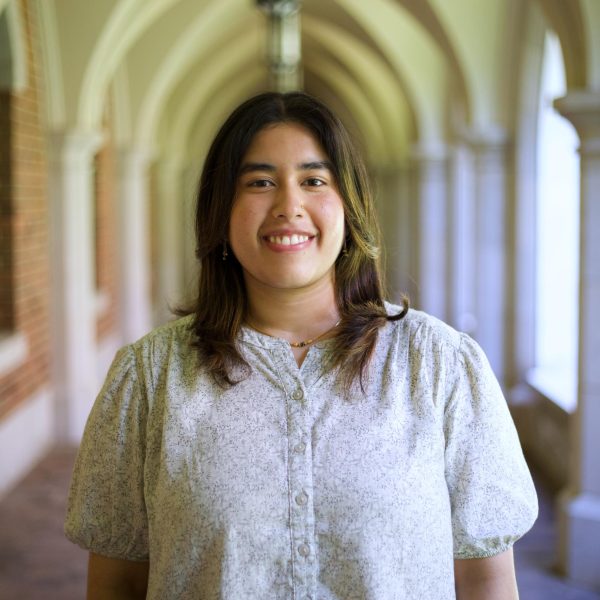
Tasfia Alam, Managing Editor
Tasfia Alam (‘25) is from Los Angeles and is majoring in neuroscience and political science in the College of Arts and Science. She previously served as Multimedia Copy Editor. When not writing for The Hustler, she can be found obsessing over a new book, trying to expand her music taste or taking pictures of pretty sunsets. You can reach her at tasfia.n.alam@vanderbilt.edu.
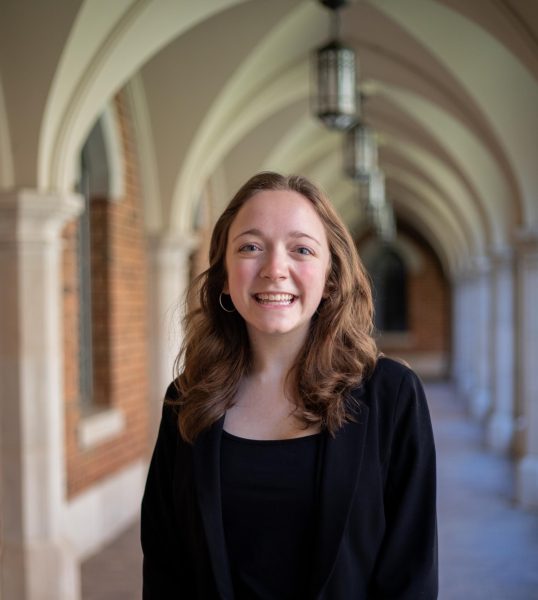
Alison Winters, News Editor
Alison Winters (‘25) is from Franklin, Tennessee, and is majoring in political science and law, history & society with a minor in psychology in the College of Arts and Science. She previously served as Deputy News Editor. When not writing for The Hustler, you can find Alison at the movie theater, reading a good book or attending a concert in Nashville. You can reach her at alison.a.winters@vanderbilt.edu.

Brina Ratangee, Editorial Director
Brina Ratangee (B.A. ’24) is a graduate student in the College of Arts and Science’s medicine, health & society department. She previously served as News Editor. When not writing for The Hustler, she enjoys trivia nights, solving NYT crosswords and biking around Nashville. You can reach her at brina.a.ratangee@vanderbilt.edu.
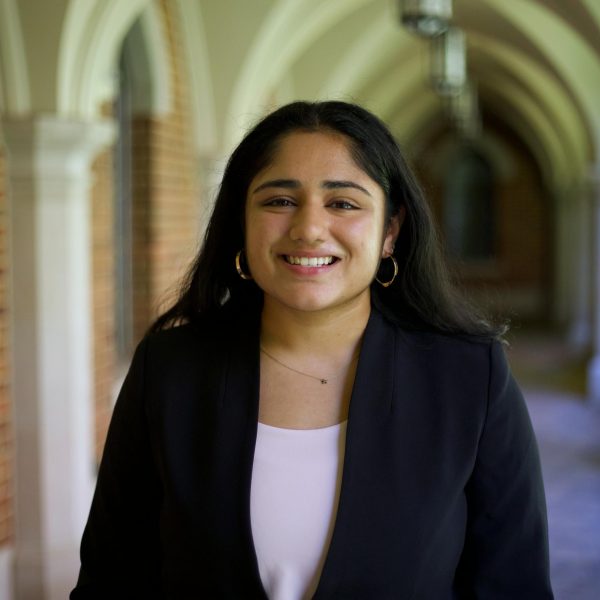
Rhea Patney, Managing Editor
Rhea Patney (‘26) is majoring in medicine, health & society and communication of science & technology with a Spanish minor in the College of Arts and Science. She is from St. Louis and previously served as Deputy Data Director. When not writing for The Hustler, Rhea loves reading, watching women’s sports, playing ultimate frisbee and chasing sunsets with her friends. She can be reached at rhea.patney@vanderbilt.edu.
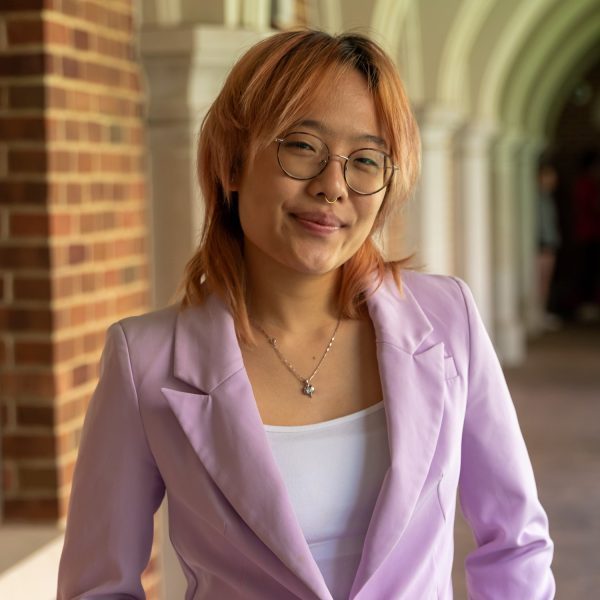
Katherine Oung, Senior Staffer
Katherine Oung (’25) is majoring in political science and computer science and minoring in data science in the College of Arts and Science. They are from West Palm Beach, Fla., and were previously Deputy News Editor, Data Editor and Managing Editor. Katherine enjoys working on freelance journalism projects and making incredibly specific Spotify playlists. They can be reached at katherine.oung@vanderbilt.edu.

Nathaniel Morrin, Deputy Data Editor
Nathaniel Morrin is a sophomore from Western Massachusetts majoring in climate studies and minoring in data science. Nathaniel is an avid public transportation fan, and you can usually find him riding the bus to try a new coffee shop in Nashville. They can be reached at nathaniel.r.morrin@vanderbilt.edu.

Coco Louie, Data Editor
Coco Louie (‘27) is majoring in economics and political science and minoring in data science in the College of Arts and Science. When not working on data for The Hustler, you can find her at the climbing gym or blowing her bank account on coffee. She can be reached at clementine.t.louie@vanderbilt.edu.
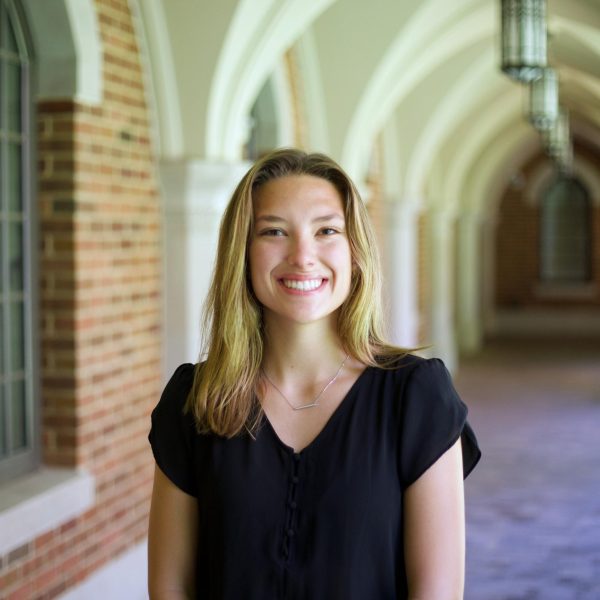
Lexie Perez, Senior Staffer
Lexie Perez (‘26) is from Northern Virginia and is majoring in climate studies and human and organizational development in Peabody College. She formerly served as Graphic Editor. Lexie enjoys rock climbing, exploring Nashville through coffee shops and binging Love Island with her friends. She can be reached at alexandra.j.perez@vanderbilt.edu.







Stan Woody • Sep 8, 2024 at 6:53 am CDT
Thank you for this impressive fact-filled article. Much more informative than anything I have read at the NYT or WSJ.
Proud_Protestor • Sep 2, 2024 at 1:21 pm CDT
I’m ready to vote for TRUMP if Democrats don’t do exactly what I want!!! If Biden sends a single dollar to something I don’t like, Trump gets my vote and everything else like abortion and divorce may be gone, but at least I get to feel better than everyone